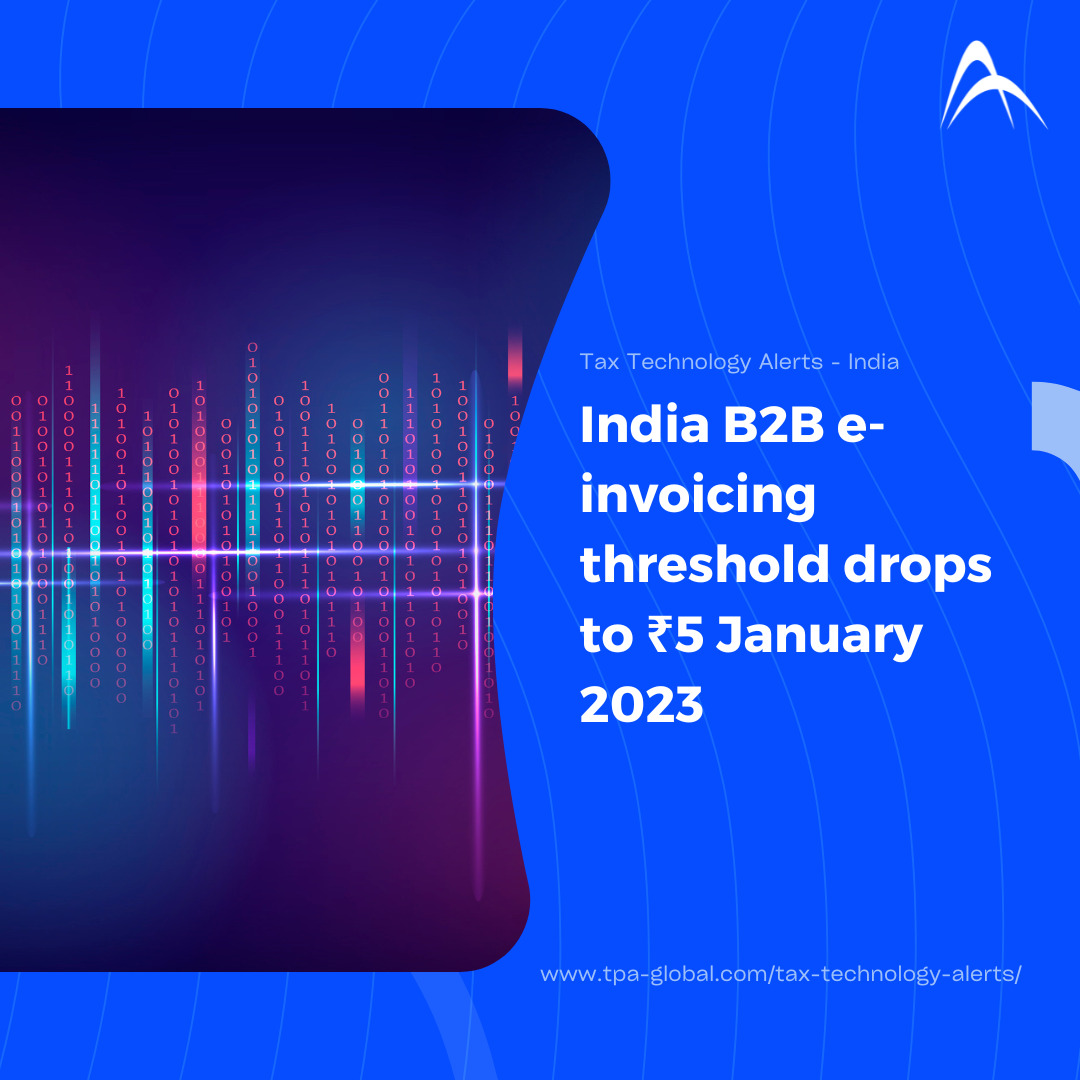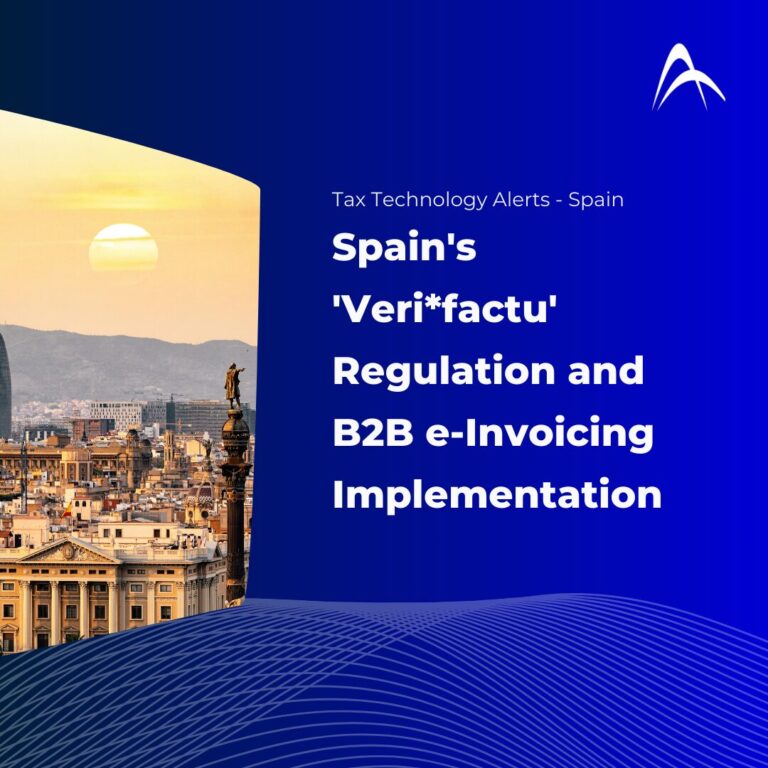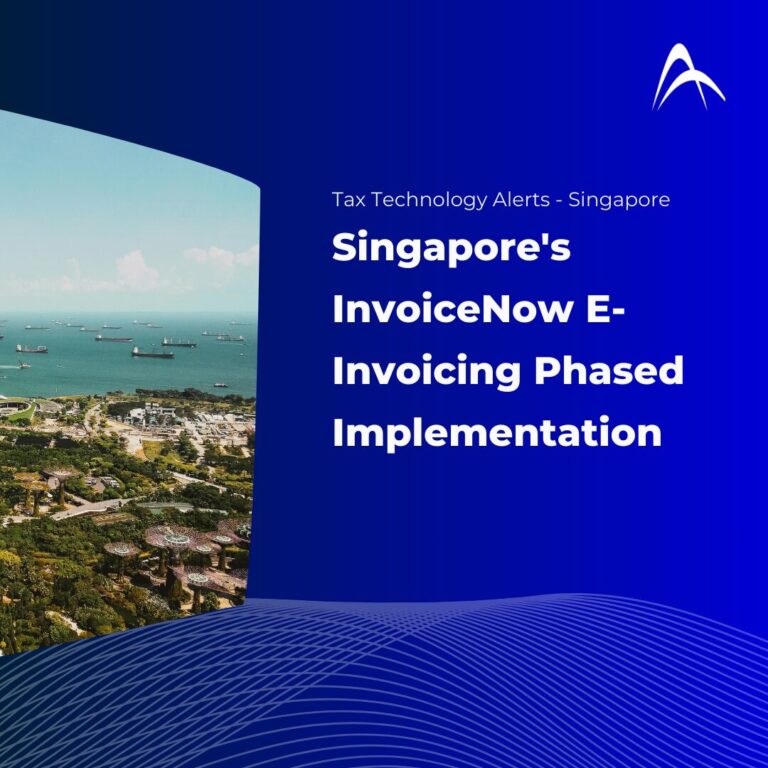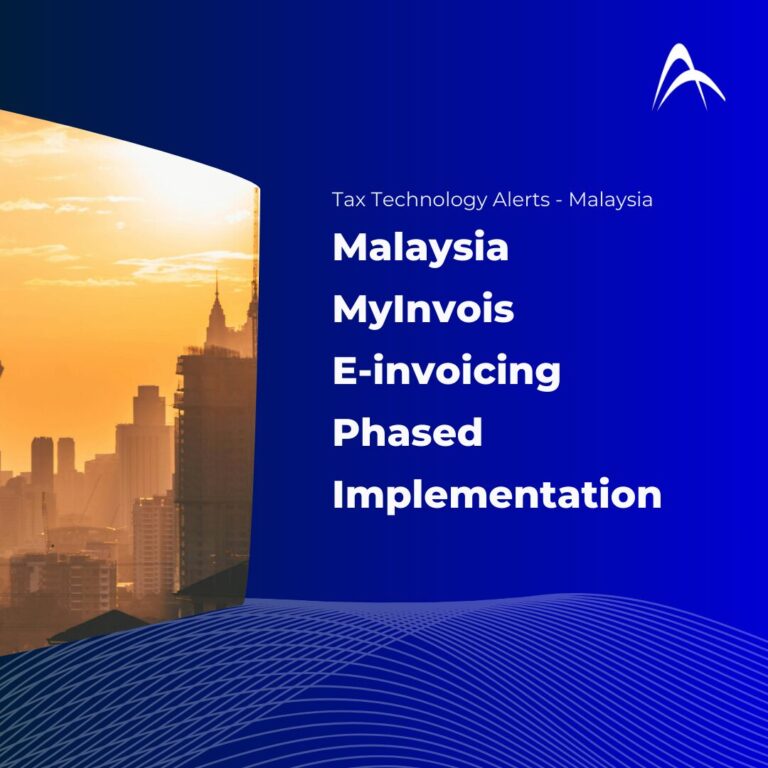Type: Legislation
Mandatory B2B government pre-clearance electronic invoicing was implemented in India starting on October 1, 2020, and it was fully implemented by April 1, 2021. This was at the annual threshold of ₹500 per annum. From January 2021, the threshold was then lowered to ₹100 per annum. In April 2021, it was reduced for a second time, to ₹50 per year, and then to ₹20 in April of the following year. In October 2022, the current cutoff of ₹10 per year was introduced.
Recent threshold reduction makes electronic invoicing requirements applicable to thousands more taxpayers.
The next group of Indian taxpayers will be required to use the GST Invoice Registration Portal run by the GST Network to digitally authenticate sales invoices as of 1 January 2023. The annual sales requirement for clearing e-invoices will be reduced to ₹5 per annum. The last time it was reduced was in October 2022 to ₹10 annual sales. The new wave’s IT planning has already begun.
The goal will be to get there, possibly by the end of 2023
Effective date: 1 January 2023



